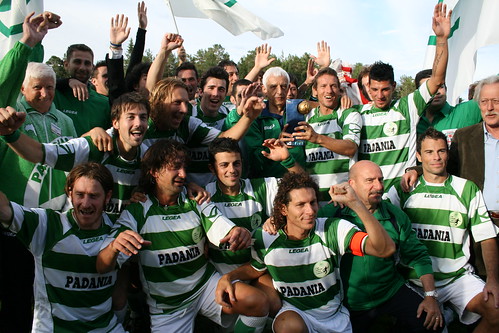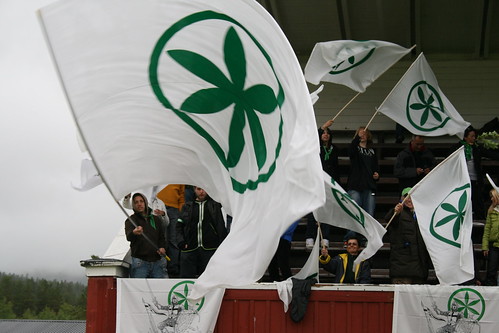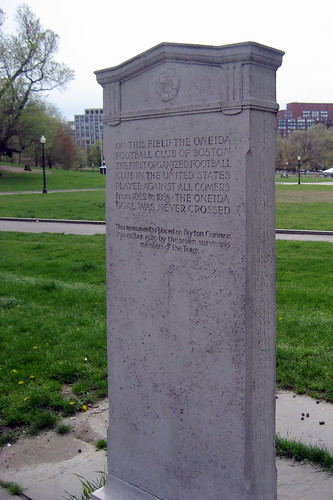The Ball is not round!
LAW 2 — THE BALL
The ball is spherical.
The early history of football is littered with attempts to standardise the rules by which the game was played. Perhaps the first were the Cambridge Rules, which were first agreed in 1848. Unfortunately, no copy of the original rules survives, but an 1856 copy of them has. Then there is Sheffield FC, who were founded as the first football club with their own codification of the game — the Sheffield Rules of 1858. And, of course, the Football Association was founded with a code derived in part from the Cambridge University Rules in 1863. We at Spirit of Football think that these are the rules that, more than any code, have become the basis for the modern game — which is why we celebrate them at Battersea Park, where they were first deployed in a game.
Nonetheless, there was little agreement amongst those who played the game in its various guises for more than two decades, until a meeting of the Welsh, Irish, Scottish and English FAs in Manchester on the 6th December 1882 proposed the establishment of a permanent board to regulate the laws of the game and to produce a common set of rules under which international matches could be played. This was to become the International Football Association Board (IFAB), which held its first meeting in London on 2nd June 1886. The minutes of that meeting can be read in this PDF (Adobe Acrobat required). You can read the subsequent history of IFAB on Wikipedia, so I won’t repeat what’s already out there.
Fast forward to the present. IFAB met at Gleneagles last week. Apparently. FIFA’s coverage amounted to one press release, a news item and the agenda. But they have yet to release anything that I can find that summarises what actually happened. Nor can I find anything on the FA’s website.
“But why?” I hear you ask. “This is, after all, football’s legislature meeting to decide the future direction of the game.” Well, perhaps there aren’t enough people in the relevant organisations to do that. Perhaps there’s no obvious place to post news of IFAB’s decisions. “But IFAB have their own website, don’t they?” you ask. Amazingly, at the moment, the IFAB archives are hosted in Torrance, California by none other than the Soccer South Bay Referee Association. “What? Who are they?”, you rightly ask. Well, er… um… quite. Unfortunately, the powers that be seem to have missed the boat on www.ifab.com to Industrial Fabricators Incorporated. “Oops!” you say, “that’s a bit of an oversight”.
Oh well. I suppose football never has been and probably never will be run on democratic lines. It’s not like the players can have a vote on the merits of a penalty decision, or put forward a motion of no confidence in the referee. Nor, I imagine, does the average fan particularly care about such administrivia. But it does seem that football’s legislative body is unusually and unaccountably coy.
Links





 .kml
.kml












